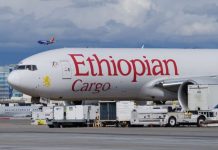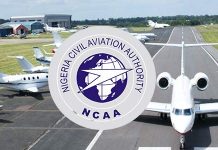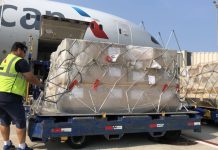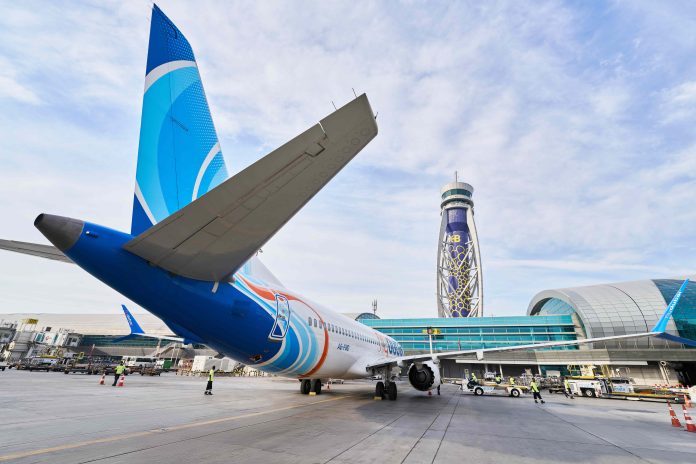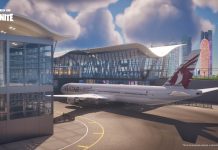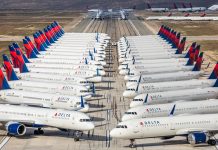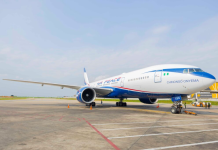Foreign airlines are reaping huge financial rewards from Nigeria’s international air transport sector, earning between $1.0 billion and $1.7 billion annually, while local carriers struggle for relevance.
The 2025 Weekly Foreign Airlines Flight Frequencies Report shows that 18 international airlines now dominate the Nigerian market with more than 200 weekly flights and over 54,000 available seats across the country’s five international airports. Collectively, they control almost 90 per cent of the market, leaving Nigerian carriers with just 9.96 per cent and a modest 5,498 weekly seats.
Ethiopian Airlines leads with 8,275 weekly seats and 27 frequencies, operating into Lagos, Abuja, Enugu and Kano with Boeing 777-300ERs, Dreamliners and 737 Max aircraft. The East African giant recently announced plans to raise its Abuja flights from seven to 10 weekly by October 2025. Emirates follows with 6,314 weekly seats from Dubai into Lagos and Abuja, while KLM maintains 21 weekly flights into Lagos, Abuja and Port Harcourt with nearly 6,000 seats.
British Airways runs 14 weekly flights to Lagos and Abuja with close to 5,000 seats, and Turkish Airlines commands 4,345 weekly seats on its Lagos and Abuja routes. Other big players include Lufthansa, Air France, Qatar Airways, Delta, Virgin Atlantic and South African Airways. Smaller African carriers such as ASKY Airlines, Africa World Airlines, Kenya Airways, RwandAir and EgyptAir further consolidate the foreign dominance.
On the other hand, Nigerian airlines are still playing catch-up. Air Peace, the country’s largest airline, provides 4,340 weekly seats and 21 frequencies to destinations such as London, Banjul, Accra, Abidjan, Monrovia, Dakar and Freetown. The carrier, with its mix of Boeing 777s, Embraer 195-E2s and regional jets, is preparing to expand into London Heathrow and Gatwick from Abuja later in 2025.
Ibom Air operates a daily Lagos–Accra service with Airbus A220s and CRJ900s, offering 630 seats weekly, while Overland Airways maintains six weekly flights to Freetown and Banjul with just 528 seats. Altogether, Nigerian airlines contribute only 41 weekly frequencies, about 20 per cent of the total operated by their foreign rivals.
Industry experts say foreign airlines benefit from stronger networks, modern fleets, global partnerships and extensive bilateral agreements. Nigeria has air service agreements with more than 80 countries, many of which favour international operators. Local airlines, in contrast, face high financing costs, dollar-denominated expenses for maintenance and leasing, infrastructure bottlenecks and limited brand recognition. Many Nigerians also prefer flying foreign carriers, seeing them as more reliable and prestigious.
Dr Frank Ogochukwu, Managing Director of Aviation Africa Plate-Forme, estimated that foreign airlines earn $19 million to $33 million weekly from Nigerian operations, depending on load factors, with most of the revenue repatriated abroad. He noted that this constant outflow puts pressure on Nigeria’s foreign exchange reserves. Veteran engineer Sheri Kyari argued that Nigeria has never recorded positive economic growth from aviation, citing decades of avio-politics and diplomatic manipulations that have favoured foreign airlines at Nigeria’s expense.
Despite these challenges, there are signs of progress. Air Peace is expanding its fleet with new Embraer E195-E2 jets, Ibom Air is consolidating its operations with A220 aircraft, and Overland Airways is widening its regional reach. Other domestic airlines, including United Nigeria Airlines and Cally Air, are also pursuing growth plans. Meanwhile, the Nigerian Air Force is modernising its fleet with 49 new aircraft by 2026, demonstrating a broader commitment to aviation development.
Experts insist that Nigeria must enforce reciprocity in its bilateral agreements, support local operators with infrastructure and financing, and encourage strategic alliances with international carriers. Without these measures, they warn, Nigerian airlines will remain marginal players while foreign carriers continue to pocket billions from one of Africa’s most lucrative aviation markets.


